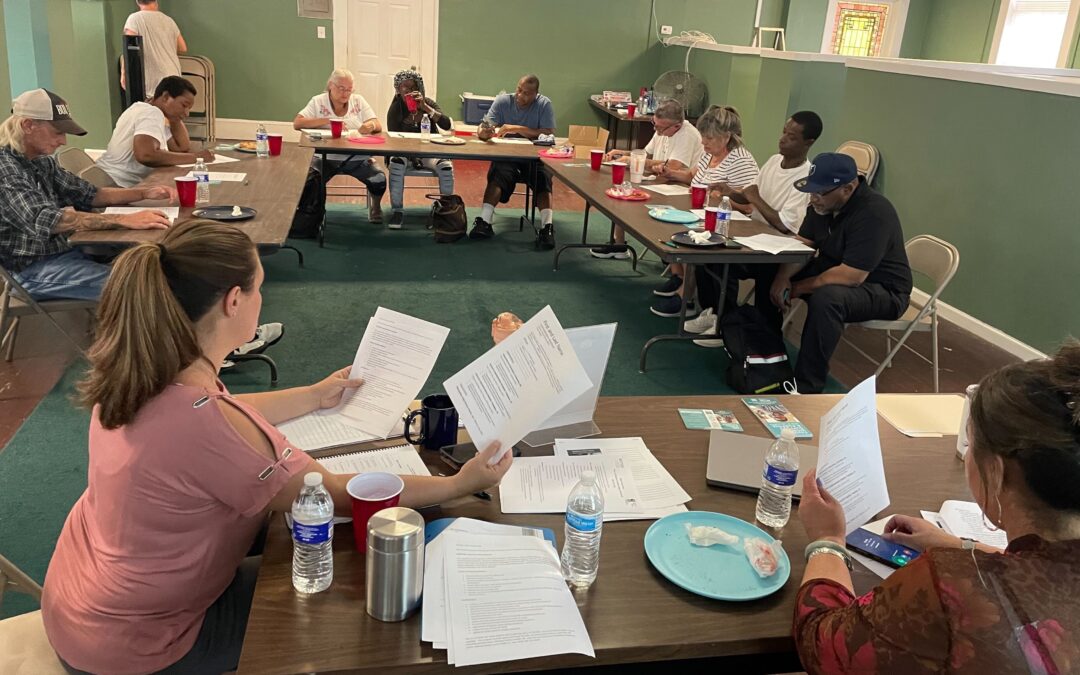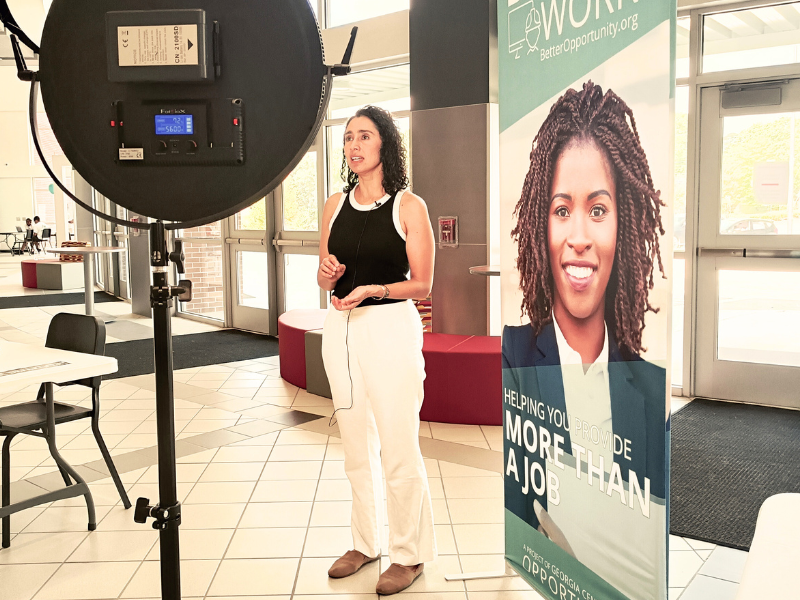
Q&A with BETTER WORK partner Oatey

Q&A with BETTER WORK partner Oatey
BETTER WORK Gwinnett recently partnered with Oatey, a company that provides high-quality products for the residential and commercial plumbing industries. In this Q&A, we explore the ways Oatey is making a positive difference in the community and how BETTER WORK is playing a key role in accomplishing that goal.
1. What prompted you to partner with BETTER WORK Gwinnett?
Oatey decided to partner with BETTER WORK for several reasons. The main reason is to actively engage in community outreach in the Buford, Georgia area and seek ways to increase Oatey’s presence and connect with local organizations. Furthermore, Oatey is also looking to diversify its recruitment channels beyond traditional job-posting sites, like Indeed or LinkedIn, to find candidates for open positions.
With these goals in mind, we conducted research that led us to BETTER WORK to connect us with job seekers in the Gwinnett County area. BETTER WORK works specifically with those who face common barriers to employment, such as language, transportation, or criminal background. By partnering with BETTER WORK, we aim to strengthen our ties with the community and find new avenues for recruiting candidates for our vacancies.
2. What are some of the ways you’ve been able to successfully work with BETTER WORK Gwinnett so far?
We have already taken several successful steps in working with them and have shared our open positions with BETTER WORK Gwinnett, which has led to a few applicants from their system. Although it is still early in the partnership (one month), this has been a positive start and a great opportunity for Oatey to broaden our recruitment efforts and reach out to potential candidates in a unique way.
By collaborating with BETTER WORK Gwinnett, we hope to continue to strengthen the partnership and find more qualified candidates for our open positions.
3. What are some of the biggest obstacles employers are facing in Gwinnett County right now?
One of the primary obstacles that Gwinnett County employers are currently facing is a labor shortage, creating a lot of competition for talent and compensation.
However, companies like Oatey are finding ways to mitigate this challenge by offering a very attractive work environment and policies, such as flexible attendance policies and shifts, which draws in job seekers looking for work-life balance.
For instance, we recently introduced a new attendance policy focusing on building relationships between associates and supervisors. Under the new system, associates can make up missed hours at more flexible times or take approved time off without using their PTO.
This approach provides associates with greater work-life balance, while ensuring the company still receives the help it requires. By offering policies that help associates navigate life outside of work, employers like Oatey can stand out in a competitive job market and retain valuable workers.
During the COVID-19 pandemic, Oatey increased shift pay for hourly associates with the aim of attracting and retaining candidates who work off shifts, such as second shift.
Oatey’s friendly and family-oriented company culture also sets us apart from larger corporations. It has created a positive atmosphere where people can feel comfortable and relaxed while working. One of our employees even brought in a turkey necks, rice, and cornbread meal for a large group of us. It was a nice surprise, and everybody enjoyed it. We also had a barbecue event last month, where employees from different shifts mingled and enjoyed each other’s company.
4. What are the biggest roadblocks to employment for workers right now?
One of the biggest roadblocks to employment is a lack of education; specifically, a high school diploma or GED.
Many employers require these basic educational qualifications as a prerequisite for employment. Unfortunately, this requirement can prevent otherwise qualified candidates from securing jobs.
However, there are resources available to help job seekers overcome this hurdle. Institutions like Gwinnett Technical College offer GED courses and testing, including free GED preparation classes, scholarships to assist with GED Testing, and more.
“We have hired individuals who have spent time in prison, and have had a positive experience with them.”
“We have hired individuals who have spent time in prison, and have had a positive experience with them.”
5. Can you share an example of a success story of how a job has helped someone succeed in life?
We recently hired a gentleman who relocated from Mississippi. Since starting at Oatey, he has learned new skills on machines like the FedEx machine and forklifts to increase his earning potential.
With this income, he was able to purchase a new vehicle after his car broke down, which would have been a significant challenge without steady employment, especially right after relocating. A secure job has provided him with the financial stability to support himself and care for his needs.
6. It’s my understanding that you are willing to consider applicants who were formerly incarcerated. What made you open to that and what has the experience been like?
Regarding our policy on hiring individuals with a criminal background, we are willing to consider such applicants. However, we still have a rigorous screening process and certain requirements in place.
We have hired individuals who have spent time in prison, and have had a positive experience with them.
In conclusion, our company is open to hiring individuals with a criminal past, provided they meet our screening requirements, and demonstrate that they have learned from their past mistakes and are committed to improving themselves. We understand that everyone’s circumstances are different.








